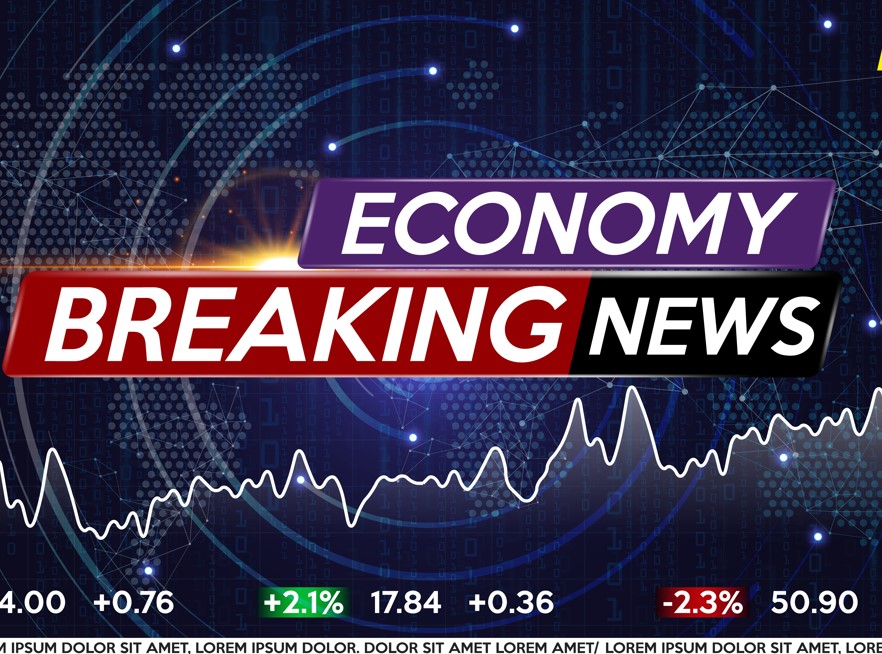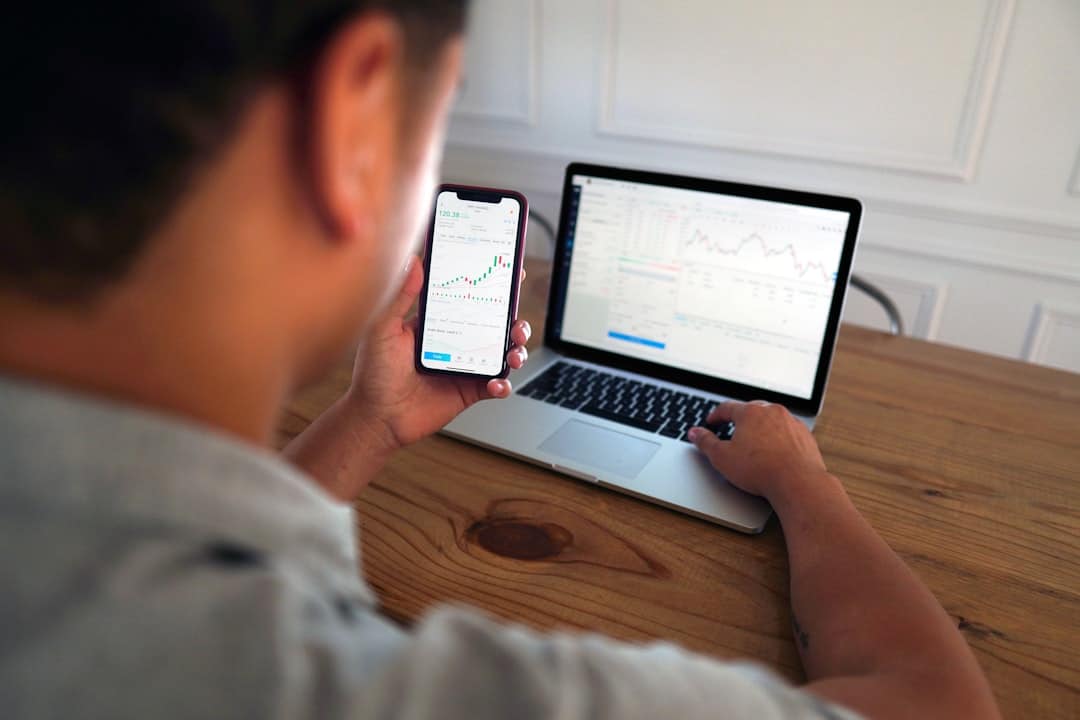In the fast-paced world of forex trading, staying ahead of the game is crucial for success. One of the key ways to gain an edge in the markets is by mastering the art of using forex news to inform your trading decisions. By keeping a close eye on economic indicators, geopolitical events, and central bank announcements, traders can anticipate market moves and position themselves for profitable trades. In this comprehensive guide, we will delve into the strategies and techniques that can help you harness the power of forex news to become a more successful trader.
Understanding the Impact of Forex News

Forex markets are highly sensitive to news and events that can impact the global economy. Major announcements such as changes in interest rates, GDP growth figures, and geopolitical developments can cause significant volatility in currency prices. By understanding how different types of news can affect the markets, traders can better anticipate price movements and adjust their strategies accordingly.
When important economic data is released, such as non-farm payroll numbers or inflation figures, traders often react swiftly to incorporate this new information into their trading decisions. Positive economic data may lead to a strengthening of the currency, while negative data can cause it to weaken. Similarly, geopolitical events like elections, trade disputes, or natural disasters can also have a profound impact on currency values. By staying informed about these events and their potential implications, traders can position themselves to capitalize on market movements.
Developing a News Trading Strategy
News trading involves making trading decisions based on the release of economic data or significant events. However, trading on news can be risky due to the high levels of volatility and unpredictable market reactions. To navigate these challenges, traders need to develop a solid news trading strategy that mitigates risks and maximizes potential profits.
One approach to news trading is to focus on high-impact events that are likely to move the markets significantly. By prioritizing major economic indicators and central bank announcements, traders can avoid getting caught up in minor news releases that may have less impact on prices. Additionally, setting up stop-loss orders and defining clear entry and exit points can help manage risk and protect capital during periods of heightened volatility.
Utilizing Economic Calendars

Economic calendars are essential tools for news traders, providing a comprehensive schedule of upcoming economic events and data releases. By consulting an economic calendar regularly, traders can plan their trading activities around key events and prepare for potential market-moving announcements. Additionally, economic calendars often include forecasts and previous data, allowing traders to compare actual results with expectations and gauge the market’s reaction.
When using an economic calendar, traders should pay close attention to events that are expected to have a high impact on the markets. By focusing on these key announcements, traders can prioritize their research and analysis to make informed trading decisions. Economic calendars also help traders avoid missing important news releases by providing a centralized source of information on upcoming events.
Trading the News Effectively
Trading news effectively requires a combination of preparation, analysis, and quick decision-making. When a major news event is imminent, traders should conduct thorough research and analysis to understand the potential impact on the markets. By anticipating different scenarios and outcomes, traders can develop contingency plans to respond to market movements effectively.
One common strategy for trading the news is to wait for the initial market reaction to unfold before entering a trade. By observing how prices respond to the news release, traders can gauge market sentiment and identify potential trading opportunities. Additionally, traders can use technical analysis tools such as support and resistance levels, trend lines, and moving averages to confirm their trading decisions and set appropriate stop-loss and take-profit levels.
Managing Risk in News Trading

Risk management is a critical aspect of successful news trading, as the high levels of volatility associated with news events can lead to rapid price movements and unexpected outcomes. To protect capital and minimize potential losses, traders should implement robust risk management practices that help preserve their trading accounts during periods of market turbulence.
One key risk management technique for news trading is to limit the size of your positions and avoid overleveraging. By controlling the amount of capital at risk in each trade, traders can protect themselves from significant losses if the market moves against them. Additionally, setting stop-loss orders at strategic levels and using trailing stops can help lock in profits and limit potential losses in fast-moving markets.
Monitoring Market Sentiment
Market sentiment plays a crucial role in news trading, as traders’ reactions to news events can influence price movements and market dynamics. By monitoring market sentiment through technical analysis, fundamental analysis, and sentiment indicators, traders can gain valuable insights into the prevailing mood of the market and make more informed trading decisions.
Technical indicators such as the Relative Strength Index (RSI), Moving Average Convergence Divergence (MACD), and Bollinger Bands can help traders gauge market sentiment and identify potential entry and exit points. Similarly, fundamental analysis tools like economic indicators, central bank statements, and geopolitical news can provide valuable context for understanding market sentiment and anticipating future price movements.
Adapting to Changing Market Conditions

The forex market is dynamic and constantly evolving, with new information and events shaping price movements on a daily basis. To stay ahead in the markets, traders need to adapt to changing market conditions and adjust their strategies accordingly. By remaining flexible and open to new information, traders can position themselves to capitalize on emerging opportunities and avoid potential risks.
One way to adapt to changing market conditions is to stay informed about current events and developments that could impact the markets. By following financial news outlets, economic reports, and expert analysis, traders can stay ahead of the curve and anticipate market movements before they occur. Additionally, staying connected with other traders and participating in online forums and communities can provide valuable insights and perspectives on market trends and opportunities.
Conclusion
Mastering the art of using forex news to inform your trading decisions is a key skill for success in the competitive world of forex trading. By understanding the impact of news on the markets, developing a sound news trading strategy, utilizing economic calendars, and effectively managing risk, traders can position themselves for profitable trades and long-term success. By staying informed, adapting to changing market conditions, and monitoring market sentiment, traders can navigate the complexities of the forex market with confidence and skill.
FAQs
1. How can I stay updated on forex news and events?
To stay updated on forex news and events, you can follow financial news websites, subscribe to economic calendars, and join online trading communities. These sources provide valuable information on upcoming economic indicators, central bank announcements, and geopolitical events that can impact the markets.
2. What are the best practices for trading the news in forex?
Some best practices for trading the news in forex include focusing on high-impact events, conducting thorough research and analysis, using technical indicators to confirm trading decisions, and implementing robust risk management practices to protect capital.
3. How can I manage risk when trading the news?
Risk management is crucial when trading the news, and traders can manage risk by limiting position sizes, avoiding overleveraging, setting stop-loss orders at strategic levels, and using trailing stops to lock in profits and limit losses.
4. What role does market sentiment play in forex trading?
Market sentiment is a key driver of price movements in forex trading, as traders’ reactions to news events can influence market dynamics and price trends. By monitoring market sentiment through technical and fundamental analysis, traders can make more informed trading decisions.
5. How important is it to adapt to changing market conditions in forex trading?
Adapting to changing market conditions is essential in forex trading, as new information and events can impact price movements and market trends. By staying flexible and open to new information, traders can capitalize on emerging opportunities and avoid potential risks in the markets.




